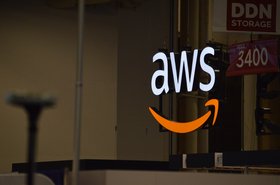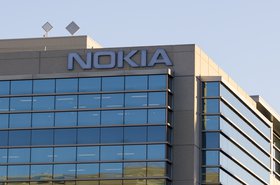The US government wants to introduce “know your customer” (KYC) style rules for the cloud computing industry which would compel cloud providers to track businesses running workloads in their data centers.
Published on Sunday, the proposals appear to be the latest salvo in the tech trade war between the US and China.
Public cloud companies must get to know their customers
Under the draft rules, US public cloud providers, such as market-leading trio Amazon’s AWS, Microsoft Azure, and Google Cloud, would have to collect information including names and IP addresses from foreign clients.
The onus would be on the cloud providers themselves to gather, analyze, and store this information, in a similar way to that which KYC rules in the financial services industry require banks to hold details of their customers to try and avoid money laundering and other illegal activity.
Bloomberg reported that US cloud providers are concerned by the development, believing that such rules could encourage foreign customers to turn to cloud providers based elsewhere, where similar rules are not in place.
The US government is inviting comment on the proposed new rules until April 29.
US-China trade war continues to hot up
It is thought the US government is attempting to crack down on Chinese companies accessing AI models and associated technologies that are available via the public cloud. Joe Biden’s administration has been actively trying to hinder China’s development of AI through export controls on key technologies and components required to train AI systems such as GPUs.
Despite this, DCD reported earlier this month that many Chinese institutions have been able to get their hands on Nvidia’s A100 and H100 AI GPUs, both of which are banned from being exported to China. Chinese factories are also said to have repurposed Nvidia’s gaming hardware to help train AI models.
US commerce secretary Gina Raimondo said on Friday her team was working to eradicate national security threats posed by AI development. “These models getting in the hands of non-state actors or people that aren’t our allies is very dangerous,” Raimondo said.







